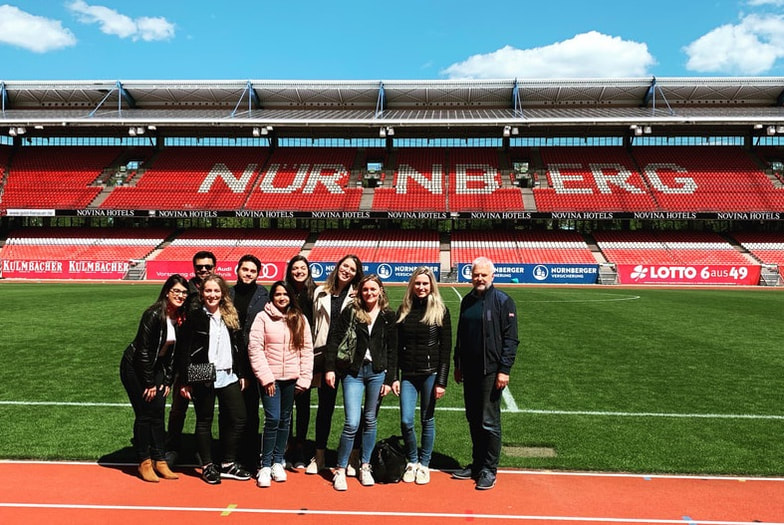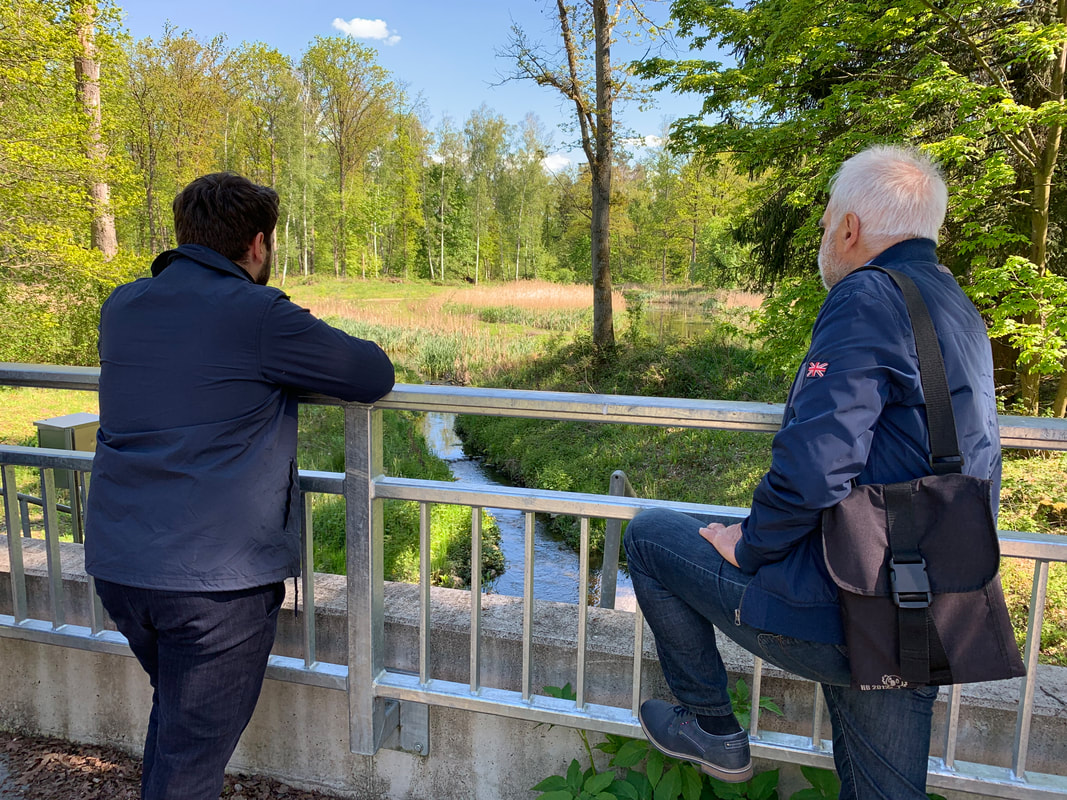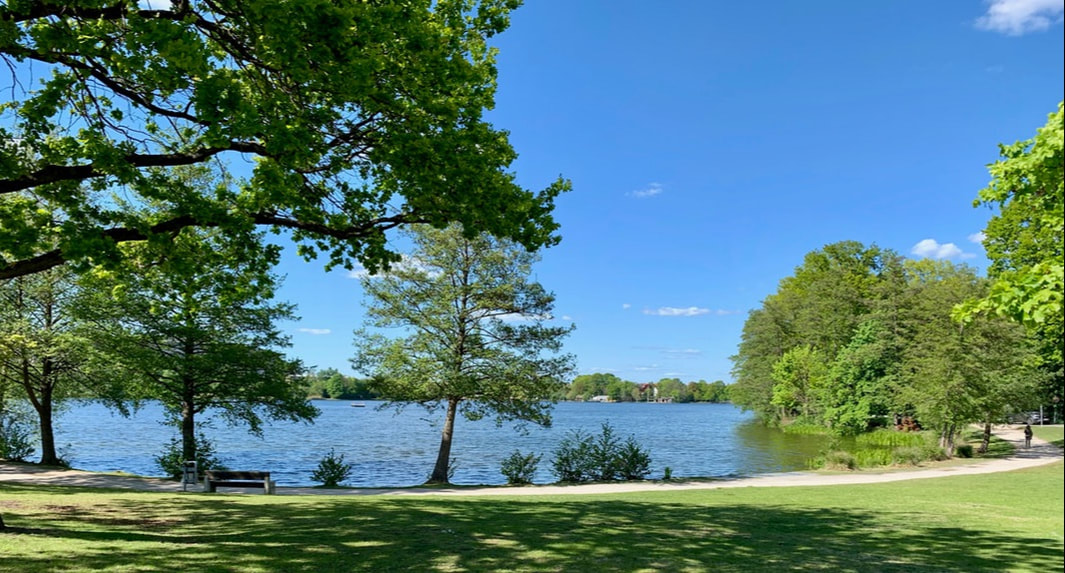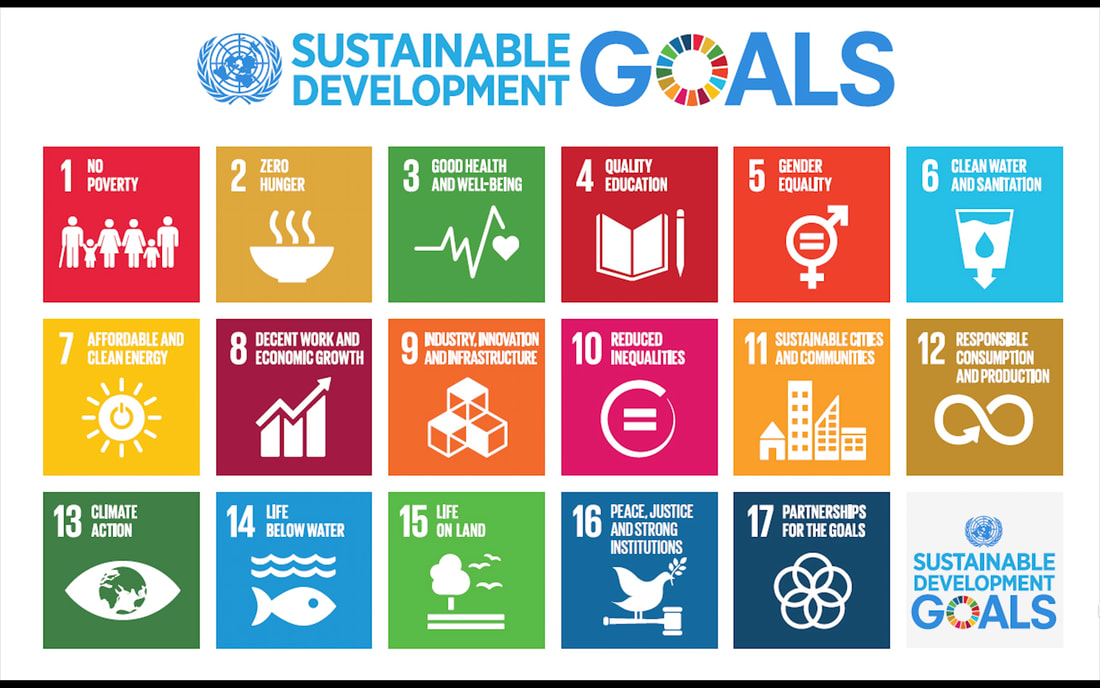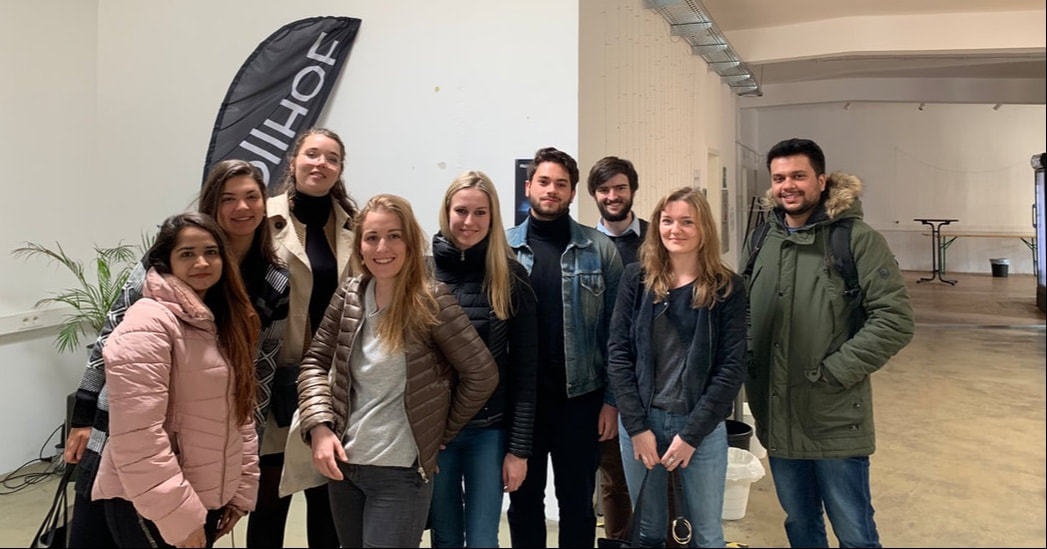Alexandra Rome - Personal Page
|
Sustainability is all the rage these days. From the KonMari method of tidying up your home to the stellar IPO of Beyond Meat earlier this month, there’s no shortage of material to use in the classroom. And yet, we still live in a world where the President of the United States can claim the ‘climate crisis’ is not only 'Fake News,' but 'Fake Science.' To be fair, this isn’t specific to Trump and the US; right-wing politicians across the world continue to downplay or downright deny climate change despite urgent warnings (think: Jair Bolsonaro from Brazil and politicians constituting the far-right Alternative for Germany). To make matters worse, research shows that it’s not just the politicians who ignore the problem, but culpable too are the consumers (think: you or me). While I have many smart and clever friends working hard to deter the effects of climate change (check out my friend Danielle’s Down to Earth podcast), I can’t claim to be a sustainability researcher, at least not in terms of environmentalism. Nonetheless, it is a crucial issue and one that I hope our future business leaders and politicians will be able to think critically about as we move forward. Thus the ‘Smart Cities’ elective was born. The purpose behind this course was to essentially raise awareness around sustainable initiatives that are happening in our cities and what might be done on a more macro level to help curb the effects of climate change. Yes, recycling is important, but it’s ‘small change’ compared to the systemic change that needs to take place if we are to realize real progress. To help me in this aim, this year, I partnered with various companies, startups, and scientists in Nuremberg who helped paint a picture as to what exactly goes into the development of a smart and sustainable city. First, we met with the Deputy Mayor for Environment and Health of the city of Nuremberg Dr. Peter Pluschke, who took us on a tour of the Max-Morlock-Stadion (Nuremberg’s historical football stadium) where we learned about the environmental aspects affecting a massive sports arena. Aside from installing solar panels on the top, we learned about how the stadium optimizes their heating, lighting, and watering processes to lessen their costs and carbon footprint. Most recently, the stadium implemented a reusable cup policy, where rather than sell visitors a one-time use cup that will most likely end up in a landfill (taking up to 1,000 years to decompose), customers can now return their cups to receive a deposit (or a pfand as we call it in Germany). With a capacity to hold over 50,000 people, it’s not hard to imagine the huge effects such a policy can have. Afterwards, we took advantage of the sunny weather and Dr. Pluschke took us along a small creek nearby where he explained the city’s renaturation activities and showed us the storm-water retention basing that was installed in a small forest as a natural retention structure. Along the way, we also learned how to test for air quality, discussed duck population, and contemplated some of the problems associated with urban water bodies and their quality for recreation. The next day, we all met at the city Townhall (Rathaus) where we were greeted by the Scientific Officer in the Department of Environment and Health of the city of Nuremberg Dr. Susanne Sprößer. Here, we overviewed the UN’s 17 Sustainable Development Goals (SDGs) and discussed how a city like Nuremberg is not only adapting and implementing these, but also monitors them via hundreds of indicators. Dr. Sprößer also walked us through some of the latest initiatives Germany and the city has undertaken, including Germany’s pledge to phase out of nuclear power completely by 2022 and offering subsidies to help fund and increase e-mobility. For our last presentation of the week, we switched gears and headed to the Zollhof Tech Incubator with a wide range of startups working towards solutions in digital health, virtual reality, artificial intelligence, and of course, urban mobility. Here, we heard from Stefan Eckart, one of the co-founders of Smart City System that is working towards developing parking infrastructure for smart cities. Developing sensor technology to be installed on single parking spaces, Smart City System is able to detect whether spaces are free or occupied. This allows cities, real estate owners, and car park operators to direct navigation to free parking spaces and better analyze the used parking infrastructure. Smart City System is also working with various partners to offer and develop a wide range of mobility services such as helping drivers locate charging stations, detecting safe temperatures for snow mobiles to operate, and creating a peer-to-peer (P2P) platform that would allow citizens to rent out their private parking spaces. What was especially exciting about this startup is that Eckart and his partner founded this company in 2017 when they were still students in Nuremberg! They have since grown from 13 employees to 30+ in just a couple short years. Building from this momentum, ICN’s MSc. students worked towards developing their own smart initiatives and competed amongst each other for the winning ‘seed money.’ While great ideas ranged from setting up cross-generational community gardens to electricity generating sidewalks, the winning project was one that focused on an initiative to encourage the recycling of cigarette butts: changing the world one butt at a time.
We at ICN would like to thank all of the speakers and organizers who played such a crucial role in making this sustainability week a true success. I hope that we can follow your lead and take the steps necessary to act, live, and work SMARTLY. Before signing off, I will leave you with some recommendations from Dr. Sprößer as to what we as individual citizens can do to live more sustainably: (1) Consume less! Do you really need 30 pairs of shoes or will 5 suffice? And (2) Go vegetarian (or even better, vegan) – this has been consistently identified as one of the BEST (and easiest) ways to fight climate change.
0 Comments
|
Alexandra RomeI've been lucky enough to find a career that combines my love of traveling, passion for educating, and need to work in sweatpants at least 50% of the time (see I really am American). Archives
April 2020
Categories |
 RSS Feed
RSS Feed
